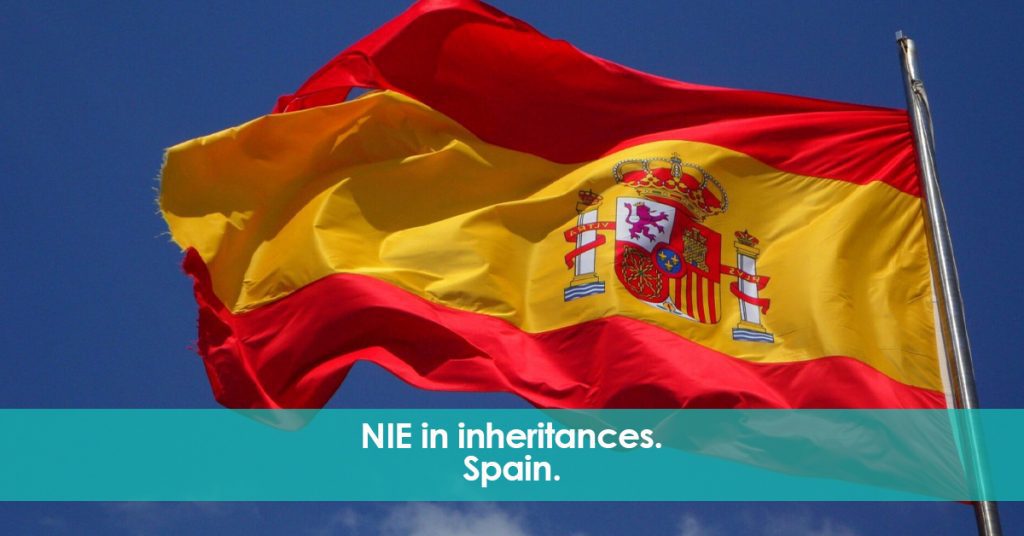In Spain, in order to carry out legal or tax-related transactions with financial impact—such as accepting an inheritance—it is essential to have an NIE. When it comes to inheritances, it’s not only the heirs who may need one. Other people involved in the process may also be required to obtain this identification number. In this week’s article, we look at the NIE in inheritances. What it is. How to get it. And who needs it.
What is the NIE and what is it for?.
The NIE (Número de Identificación de Extranjero) is a unique, personal, non-transferable number assigned to foreigners who take part in legal transactions in Spain, including property purchases, donations or inheritances. Once issued, the NIE must be registered with the Spanish Tax Agency (AEAT) using form 030.
How can you get an NIE?. Do you have to travel to Spain?.
There are different ways to apply for an NIE. In Spain, you can request it at Immigration Offices or designated police stations. If you live abroad, you can apply through the Spanish consulate or embassy in your country. If neither of those options is possible, at White Baos Lawyers we can help you obtain your NIE through a notarised and apostilled power of attorney, signed before a Notary Public in your home country. Feel free to contact us for assistance.
Who needs an NIE in inheritances?.
In Spain, to accept an inheritance and legally transfer the deceased’s assets (bank accounts, properties, vehicles, etc.) into your name, you must have an NIE. This applies whether you are an heir or a legatee. Even if you are not a resident in Spain, have never visited the country, and do not own property or have accounts here, you must obtain a Foreigner Identification Number to inherit.
However, as we’ll now see, there are also special cases where other people involved in the inheritance—though not necessarily inheriting—will also need an NIE.
Special cases where an NIE is also required in inheritances.
Below are some common examples where obtaining an NIE is necessary, even if the person involved is not receiving assets from the estate:
– Parents or legal guardians of underage heirs.
When a child inherits property in Spain, their parent or guardian must also obtain an NIE in order to sign the inheritance deed on the minor’s behalf.
– Executors or testamentary administrators.
When an executor or administrator accepts the inheritance on behalf of a beneficiary, or simply signs documents in their name, an NIE is required.
– Co-heirs who do not receive assets in Spain.
In some cases, several people may be named as heirs in the will, but one of them may have already received assets of equal value located in another country. That person may appear in the Spanish inheritance deed only to declare that they have already been compensated and will not receive anything in Spain. Even so, they will still need an NIE.
Conclusion.
The NIE is an essential document in Spain when dealing with certain legal procedures. As we’ve seen, it is required not only by direct heirs but also by others involved in the inheritance process. At White Baos Lawyers, we are specialists in inheritance law. Don’t hesitate to contact us if you have any questions about the NIE in inheritances in Spain.
The information provided in this article does not constitute legal advice but is intended for general informational purposes only.
Carlos Baos (Lawyer)
White & Baos.
Tel: +34 966 426 185
E-mail: info@white-baos.com
White & Baos 2025 – All Rights Reserved.
